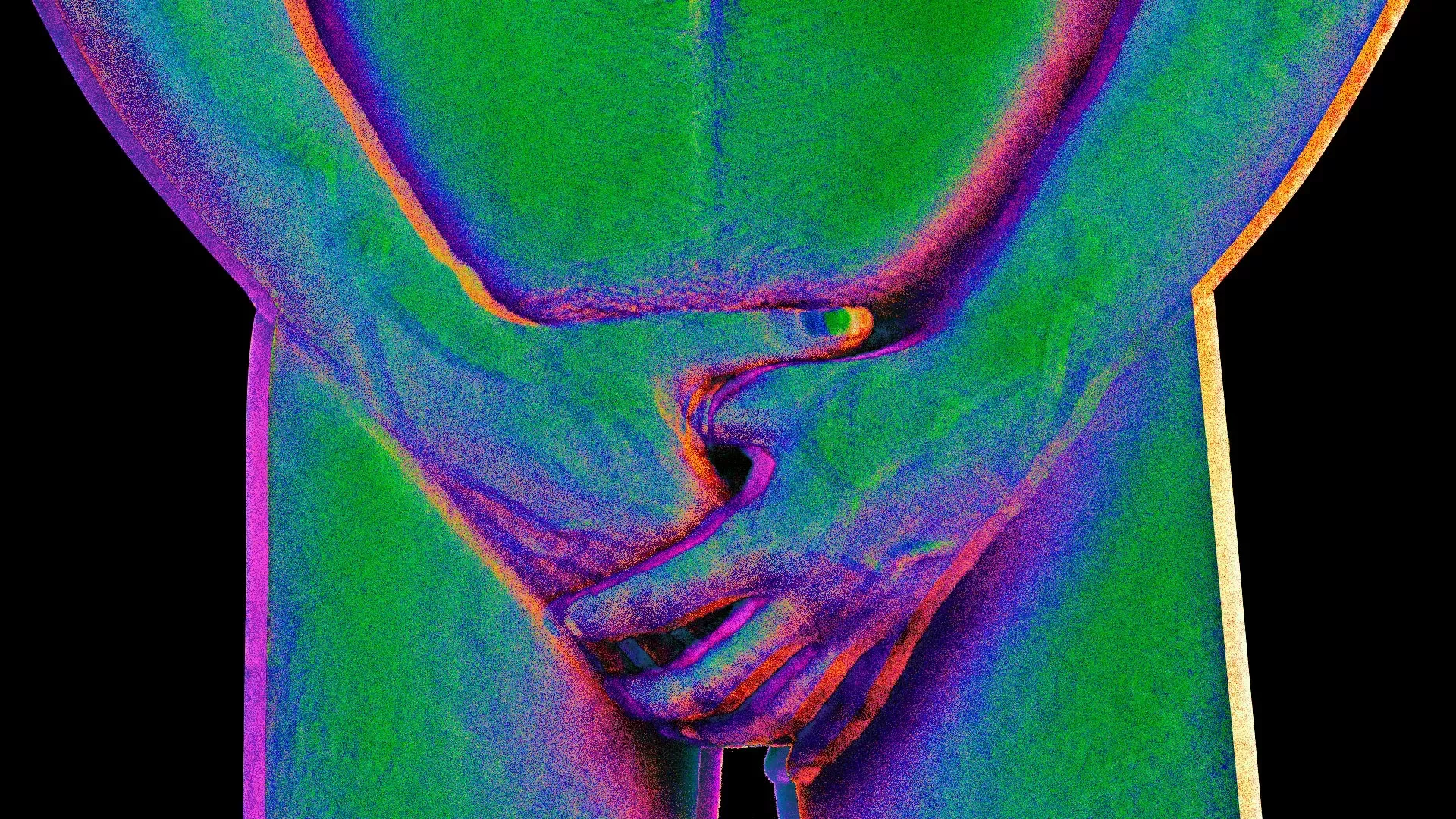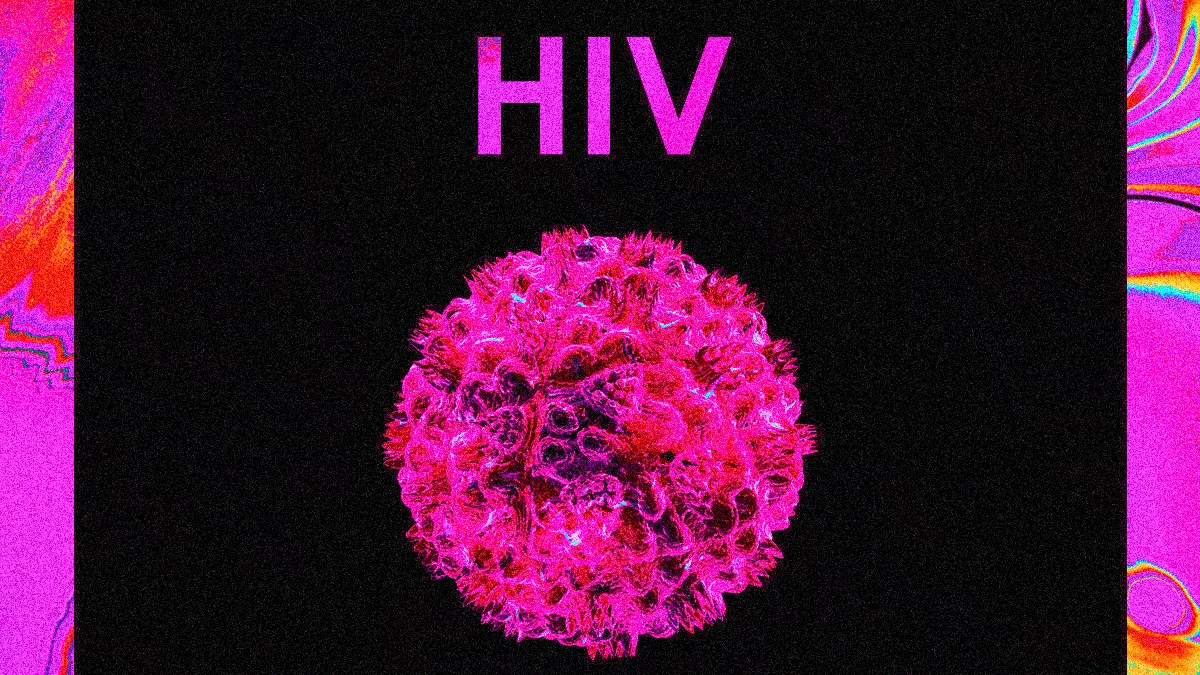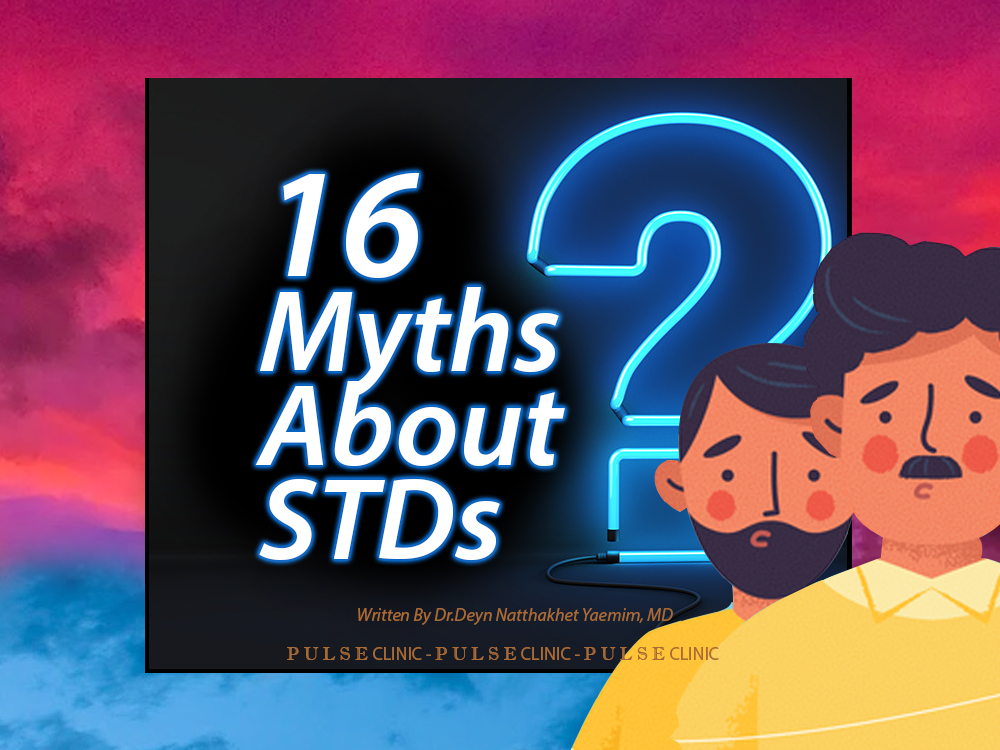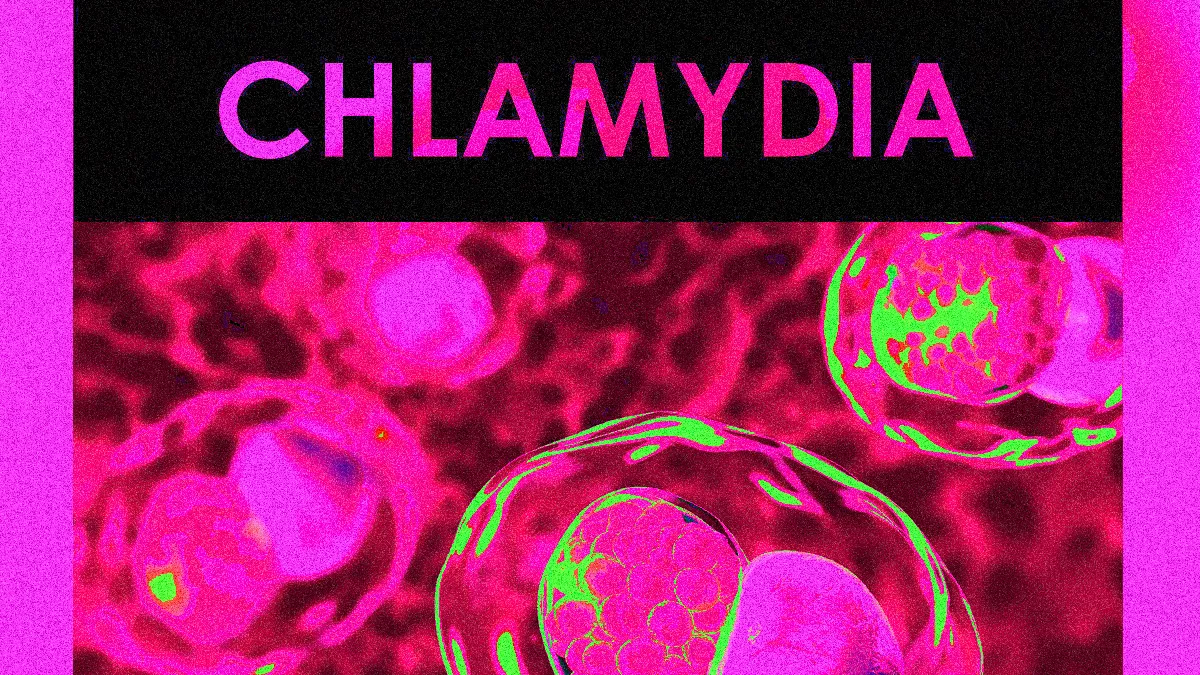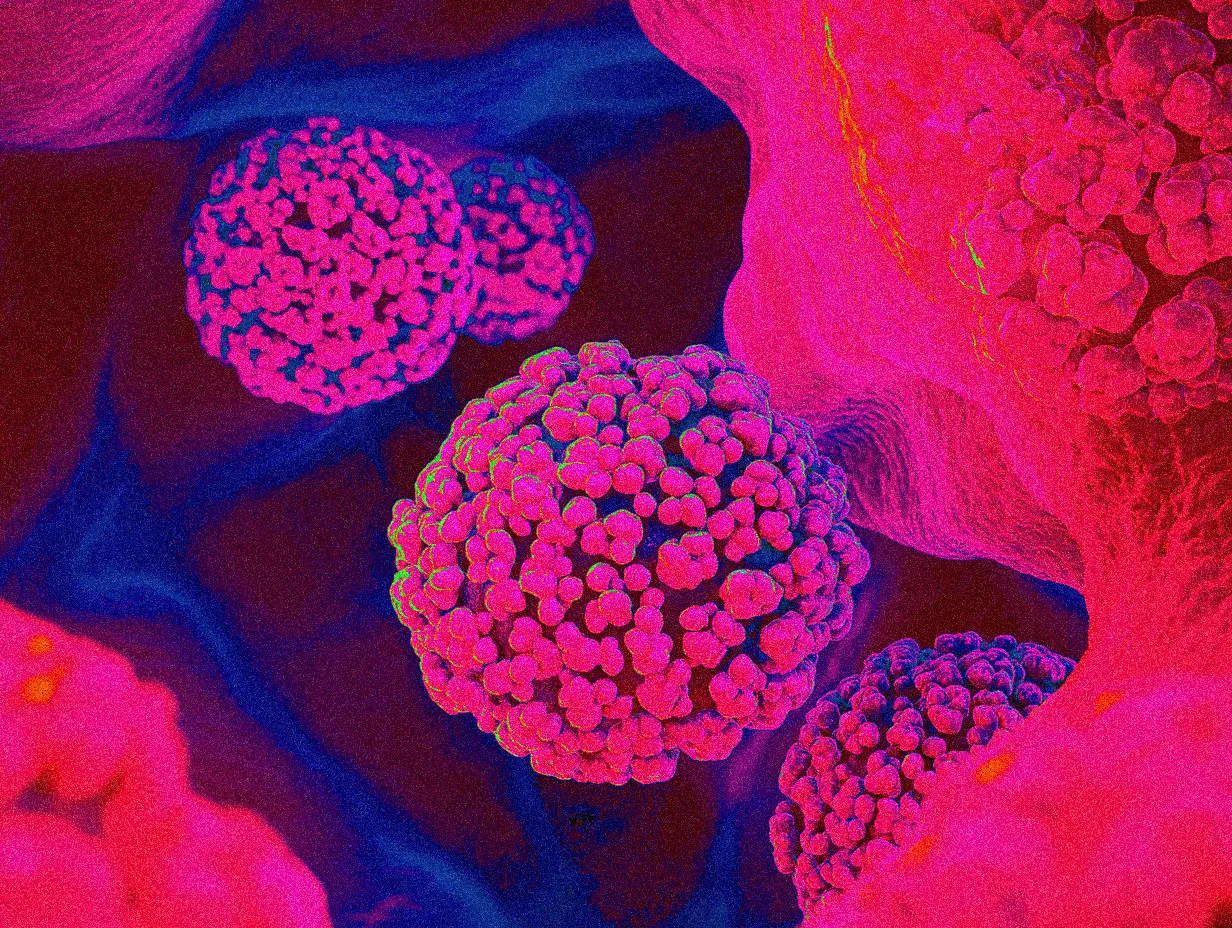What are the common STD complications in Men?
2519
Learn more about STD complications in men. Why should you be aware of the potential health risks from untreated STDs and how you can avoid them?

Most of the time, STDs won't have any visible symptoms and could potentially go unnoticed. Not having any symptoms or being asymptomatic might not sound like a big deal and might look like your body can fight the infections. In reality, undiagnosed STDs can lead to severe complications that might leave long-term effects that are more difficult to get rid of than the STDs themselves.
STDs nowadays are manageable. Most STDs can be easily treated if you get diagnosed and get the correct treatments. If you suspect that you might have been exposed to STDs, consider coming to our clinic for risk evaluation and get PEP prescribed to minimize the risk of infection.
For more information about the medication and ordering process, please contact us at pulseliving@pulse-clinic.com or chat with us on your preferred platform.
![]() +66-84-226-2569
+66-84-226-2569  @pulserx
@pulserx ![]() PulseClinic
PulseClinic
What are common STDs in men?
Sexually transmitted diseases (STDs) can manifest themselves in many ways. Men who engage in risky sexual activities are all at risk of contracting STDs. The risks are higher based on your behavior. Common STDs in men are
What are the complications, and why should I be aware of them?
Complications are problems that happen during or after a disease. Complications might happen even during treatments. STDs that are left undiagnosed will not get the correct treatment, which could also lead to complications due to changes in the body. STDs can still cause damage to your body, even if there aren't any apparent symptoms. This is one of the reasons you should always seek professional help regarding any illness.
Dangers of untreated STDs
Undiagnosed STDs that are left untreated might seem harmless. Still, the complications from untreated infection could cause permanent damage to your body, which is easily avoidable if you get the correct treatment before the complications develop. These are the complications from STDs that could be a significant health concern.
Infertility
Untreated STDs can be another factor for fertility problems. Though the complications affect more people assigned female at birth, men need to be aware of the risk of infertility from undiagnosed STDs. Bacterial infections like chlamydia and gonorrhea can cause inflammation of the urethra and the area around your prostate. This could lead to scarring inside your organs and blockages inside your reproductive system. These issues can cause permanent damage to your testicles, making it more difficult for sperm to pass, which will lead to infertility. The majority of STDs are easily treatable with antibiotics, as doctors advise. So it is a good idea to get checked regularly so you are aware of any hidden infections and can avoid serious complications that are more difficult to treat.
According to some studies, lower sperm count might also be related to viral infections like HIV and HPV. However, the studies didn't conclude that this has significant effects on fertility issues. It still has the potential to contribute to the problems and can cause other kinds of health complications.
Cancer risks
Many STDs are shown to significantly increase the risk of developing cancer in the area infected. The most common STD associated with the risk of cancer is HPV, which usually doesn't have any symptoms in men and usually goes unnoticed. Men can also get cancer from HPV infections from the area infected, such as the throat, penis, or anus. Though there are no treatments for HPV available unless there are any symptoms like warts, knowing your status makes you aware of health risks that could develop in your body. HPV vaccination can prevent HPV-related cancers.
HIV Opportunistic Infection
In HIV/AIDS, several infections pose significant risks due to the weakened immune system.
Opportunistic infections are infections caused by pathogens that typically do not cause illness in individuals with healthy immune systems but can take advantage of weakened immune defenses in people with conditions such as HIV/AIDS.
HIV/AIDS weakens the immune system by explicitly targeting CD4 cells, a type of white blood cell that plays a crucial role in coordinating the body's immune response. As the CD4 cell count declines, the body becomes increasingly susceptible to opportunistic infections.
These include:
- Pneumocystis pneumonia (PCP): A fungal infection causing severe respiratory illness, though less common in the U.S. due to HIV/AIDS treatments.
- Candidiasis (Thrush): A common HIV-related infection causing a white coating in the mouth, tongue, esophagus, or vagina.
- Tuberculosis (TB): An opportunistic infection linked to HIV, especially prevalent worldwide and less so in the U.S. with widespread use of HIV medicines.
- Cytomegalovirus (CMV) is a herpes virus transmitted through bodily fluids. If the immune system weakens, it can damage various organs.
- Cryptococcal meningitis: An infection of the central nervous system, often occurring in HIV-positive individuals, caused by a fungus found in soil.
- Toxoplasmosis: An infection caused by a parasite spread primarily by cats, which can lead to heart disease, seizures, and fatality when it affects the brain.
Add us on Line and stay in touch.
How can I know if I have STDs?
Practicing routine checkups is an excellent idea for maintaining good sexual health. Getting tested regularly will let you know if you have any STD infections; this could get you the proper treatment early, which benefits the success rate of treating treatable STDs. At Pulse Clinic, we offer PCR 28, the most comprehensive test for 28 most common to uncommon sexually transmitted infections, so you know more about any potential health risks.
Reach us for more information about this test! It would help if you got tested at least once a year to get the full benefit from HIV screening and more often every 3 or 6 months for other STDs. People who have higher risks of STD exposure will greatly benefit from more frequent checkups.
Who is at higher risk for STDs?
It is always a good idea to be informed about the risks of STDs. Understanding the risks can help you get proper treatments and prevention. Adjusting your behavior has proven to be an excellent way to reduce the chance of getting infected. Some groups of people have higher risks than others and should consider getting protected.
- Men who have sex without condoms
- Men with multiple sexual partners
- Men who have sex with other men
- Sex workers who have multiple partners
- People who use drugs by injections
Contact us at info.bkk@pulse-clinic.com or chat on your preferred platform:
![]() +66 65 237 1936
+66 65 237 1936  @PULSEClinic
@PULSEClinic ![]() PulseClinic
PulseClinic
Trust PULSE CLINIC to take care of your health like other 45000 people from over 130 countries. We provide discreet professional service with high privacy. Here to help, not to judge.
Loading...
Clinic Locations
Loading...





